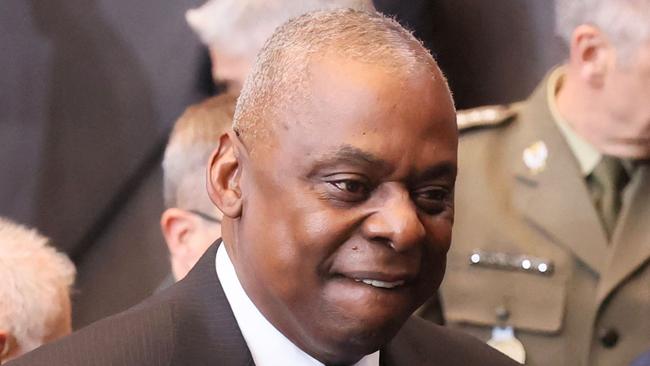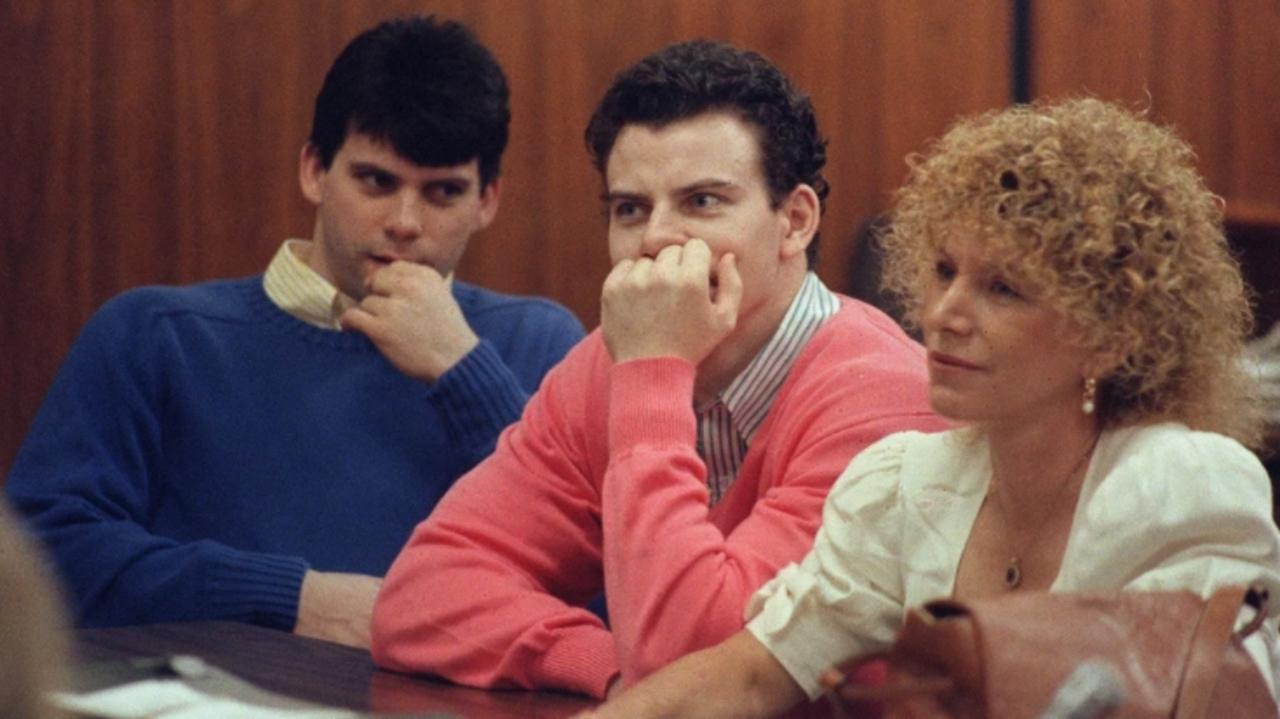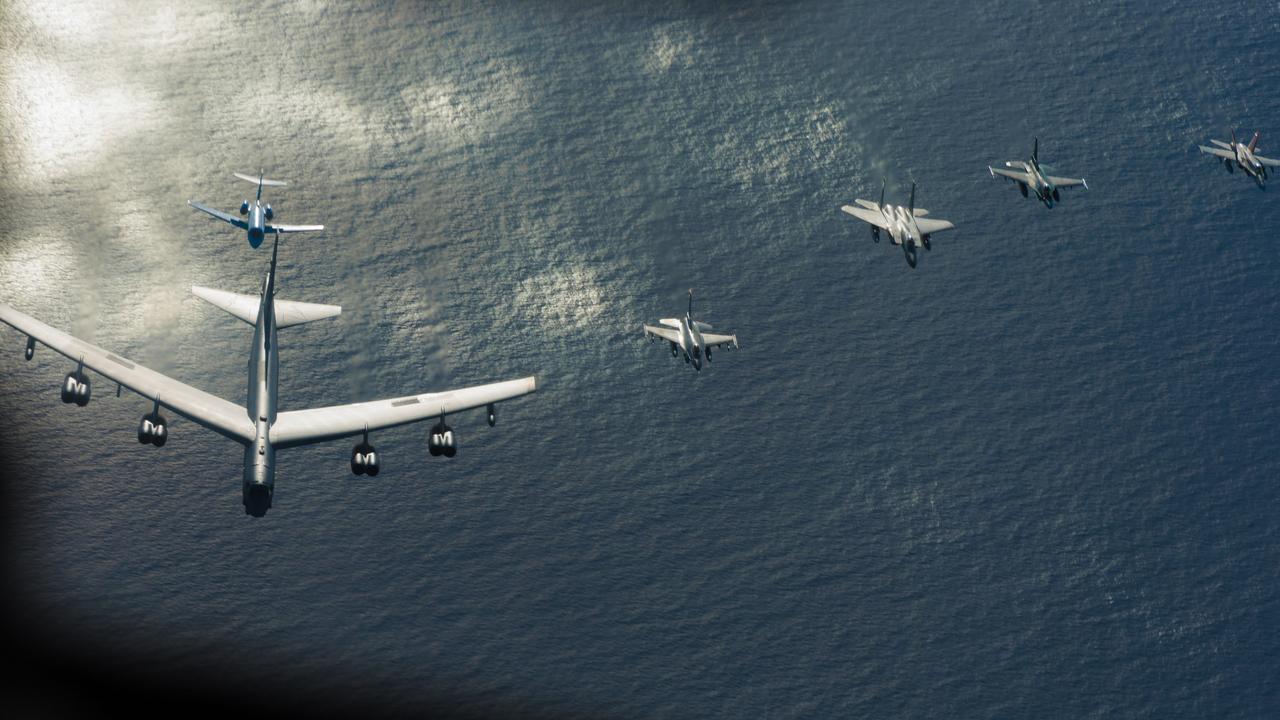Pentagon chief arrives in Kyiv without any sign of budging on Ukraine’s biggest weapons requests
Lloyd Austin has helped bolster Ukraine’s fight against Russia but has argued for limiting military aid.

Defence Secretary Lloyd Austin arrived in Kyiv on Monday bearing a message of strong US commitment to Ukraine’s war effort but with no new military assistance or permission for its forces to use long-range missiles inside Russia.
Austin, a former four-star Army general, has led the Western response to the conflict since the early days of the war, co-ordinating more than $64 billion in US military aid for Kyiv and tens of billions more from Europe.
But his visit to Kyiv, an unannounced stop that will likely be his last to the Ukrainian capital as Pentagon chief, underscored the continuing debate over whether the Biden administration – and Austin himself – has hobbled Ukraine’s war effort with a cautious approach to providing American-made weapons and restrictions on their use.
The administration has refused to budge on Ukraine’s two primary asks: allowing its forces to strike into Russia with US-supplied weapons, and North Atlantic Treaty Organisation membership.
Austin arrived in Kyiv with no major announcements, aides said. Austin’s incremental approach has allowed Ukraine to survive but not to shift the war decisively, critics say. With more of the weapons Ukraine asked for in the early days of the conflict, according to the critics, Kyiv wouldn’t be losing ground today on the front lines – a claim Austin’s defenders reject.
The notion that Ukraine would be winning if only the US had supplied more advanced weapons is “one of the greatest myths in Washington,” said Colin Kahl, who served as the Pentagon’s top policy official until July.
“It engages in a series of magical thinking, where you can move things instantaneously, give Ukrainians things they are not trained on, have them appear out of thin air, and it assumes there is no trade-offs,” Kahl said.
Those trade-offs are likely to intensify no matter who wins the White House in November.
If Vice President Kamala Harris is elected, she will likely carry on President Biden’s policies, but could face cuts in funds for Ukraine if Republicans retain control of the House and win a majority in the Senate. Donald Trump, has vowed to end the war quickly if elected and recently called Ukrainian President Volodymyr Zelensky “one of the greatest salesmen I’ve ever seen” for extracting military aid from Congress.
In Kyiv, Austin is set to meet with Zelensky and Defense Minister Rustem Umerov. His visit comes as Ukrainian forces are losing ground in the East, and Zelensky has struggled to persuade the West to support his “victory plan,” which includes requests for additional weapons as well as NATO membership.
The Biden administration last week announced its latest package of military aid for Ukraine, including $425 million worth of air defences, air-to-ground missiles, armoured vehicles and other munitions.
The Biden administration’s overly cautious approach has often been too little, too late, said Heather Conley, senior adviser at the German Marshall Fund.
“If we would’ve been clear and upfront and given them full capabilities, would that have sent a different message to [Russian President Vladimir] Putin? Maybe he would have recalculated a bit what he was doing,” said Conley. “But he saw delay, hesitancy.” Austin has often been the voice of restraint, citing concerns about dipping too far into US weapons stockpiles, the unsuitability of certain systems for Ukraine’s terrain or climate, and the difficulties of training Ukrainian forces, according to current and former US officials.
Secretary of State Antony Blinken has typically argued for sending more equipment faster, the officials said. Biden has usually sided with Austin.
“We’ve watched this fight evolve over time, and each time it does evolve, we have risen to the occasion to meet the needs, to make sure that they were effective on the battlefield, and they have been effective,” Austin told a small group of reporters travelling with him to Kyiv.
Austin initially opposed providing the US Army’s modern Abrams tanks, arguing they would be too difficult for the Ukrainians to maintain in the field. In January 2023, the Pentagon reversed course and recommended Biden send 31 tanks.
The decision prompted Germany to begin sending its Leopard tanks, giving Ukraine a small but effective armour force.
The Pentagon also held out sending Ukraine long-range Army Tactical Missile Systems because of worries about keeping enough in US arsenals. When the administration sent the missiles in March, it did so secretly and in limited numbers. It still refuses to allow Kyiv to fire them into Russia.
Some officials argued for limiting US weapons to Ukraine to keep Moscow from escalating in response. But Austin’s main concern has been addressing Ukraine’s urgent needs first – usually ammunition and air-defence interceptors. Facing funding limits from Congress, Austin had to pick and choose what was sent, he said.
“Blinken sees it as a simple or almost moral decision, where Austin is weaving in the practicalities,” said Michael O’Hanlon, a senior fellow at the Brookings Institution.
Pentagon officials argue that Austin deserves credit for Ukraine’s battlefield successes. Ukraine has inflicted 600,000 casualties on Russian forces since the beginning of the war, despite Russia’s significant advantage in artillery ammunition, said a senior DOD official. That is due in part to the quality of the weapons the West has provided, including giving priority to precise, NATO-standard 155mm artillery shells, the official said.
“Certainly we focus on just how hard the battlefield situation is,” the official said. “But we also have to have that perspective of, you know, we did help Ukraine defeat Russia’s strategic objective” of conquering Ukraine.
Ahead of Ukraine’s underwhelming counteroffensive last summer, American military officials urged the Ukrainians to concentrate their forces in an effort to penetrate Russia’s defences in a single thrust. Instead, Ukraine dispersed its forces at points along the front line and failed to make significant gains.
Even if Ukrainian officials haven’t always heeded US advice and still bristle at restrictions on military aid, their military has managed to limit Russia’s advances, a task that once appeared almost impossible.
The Wall Street Journal


